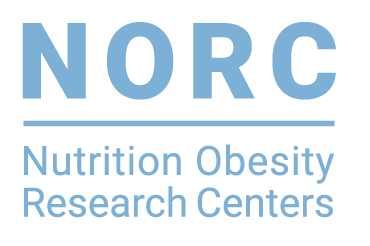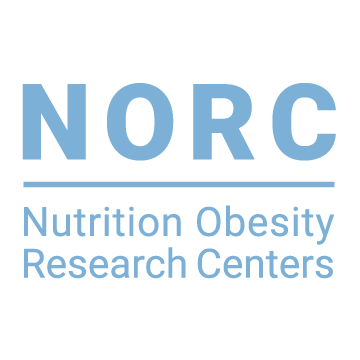
Researchers in the UNC Gillings School of Global Public Health have found that it is possible to control inflammation in fat tissue by manipulating the presence of a specific metabolic protein in a type of white blood cell called a macrophage.
This metabolic reprogramming may provide a crucial strategy for weakening the link between obesity and illnesses such as diabetes.
This research is the topic of a study by the lab of Liza Makowski, PhD, assistant professor of nutrition at the Gillings School and lead author of a new paper about the findings. Makowski also is a member of the UNC Lineberger Comprehensive Cancer Center and the UNC McAllister Heart Institute. For the study, she and her colleagues examined a fatty acid transporter protein that has never been studied before in connection to macrophages.
The full article, titled, “Metabolic reprogramming through fatty acid transport protein 1 (FATP1) regulates macrophage inflammatory potential and adipose inflammation,” was published online April 23 2016 by the journal Molecular Metabolism.
Macrophages can be recruited into tissue in response to stress signals such as the presence of bacteria or defective cells. However, they also enter into fat tissue, or adipose tissue, in response to stress from obesity. By triggering macrophage infiltration, obesity causes a chronic inflammatory response that can lead to dire health consequences like diabetes.
As macrophages continually respond to the obese state, they can eventually comprise up to 50 percent of the cells in adipose tissue. Accordingly, understanding how macrophages function, and determining whether their actions can be controlled, is of critical importance to obesity research.
In this study, the researchers showed that by opening or closing the door to certain fatty acids by increasing or eliminating the presence of Fatty Acid Transport Protein 1 (FATP1), they could alter the standard macrophage inflammatory response. In particular, they demonstrated that when FATP1 was absent, inflammation in fat tissue increased.
Additionally, research showed that obese mice with macrophages lacking FATP1 gained more weight and had higher blood glucose levels while obese. This finding suggests that, without FATP1 availability, the mice developed glucose dysregulation.
This dysregulation occurred because, when macrophages could not access FATP1, the cells switched from using fatty acids as a fuel source to using glucose. This change caused an increase in inflammation, a reaction that can lead to diabetes. On the other hand, when researchers exposed macrophages to extra levels of FATP1, the cells utilized fuel from fatty acids rather than glucose and became less responsive to inflammation – an effect that could slow or prevent the development of diabetes.
Using large databases, the researchers also discovered gene variants in FATP1 that are associated with how the protein is expressed in human adipose tissue. In the future, studies using human white blood cells will be necessary to determine whether these genetic variants have effects specific to human macrophage biology and disease.
“Macrophage inflammation and metabolism has been the topic of much debate in the field. It is a bit of a ‘which came first: the chicken or the egg?’,” Makowski says. “We are excited to show that through first changing cellular metabolism, we can then alter the macrophage inflammatory response. This opens the door to many new possibilities for controlling inflammation in the human body.”
Citation:
- Johnson AR, Qin Y, Cozzo AJ, Freemerman AJ, Huang MJ, Zhao L, Sampey BP, Milner JJ, Beck MA, Damania B, Rashid N, Galanko JA, Lee DP, Edin ML, Zeldin DC, Fueger PT, Dietz B, Stahl A, Wu Y, Mohlke KL, Makowski L. Metabolic reprogramming through fatty acid transport protein 1 (FATP1) regulates macrophage inflammatory potential and adipose inflammation. Mol Metab. 2016 Apr 23;5(7):506-26. PMC4921943.
Read More: Molecular Metabolism
###
The UNC Gillings School of Global Public Health is consistently recognized as a leading public health school. The School is ranked as the top public school of public health in the nation by U.S. News & World Report (2016 edition) and placed second among all public health schools.
Research Details
- Research Center: University of North Carolina at Chapel Hill
- Featured NORC Member(s): Liza Makowski, PhD, Assistant Professor of Nutrition; Melinda Beck, PhD, Professor of Nutrition; Joseph Galanko, PhD, Research Assistant Professor of Medicine, Gastroenterology and Hepatolgy
- Center Contribution: This publication is directly related to Dr. Makowski’s P and F grant project. The NORC Biostatistician provided assistance with statistical analysis for this study. The Metabolic Molecular Phenotyping Core provided assay assistance.

